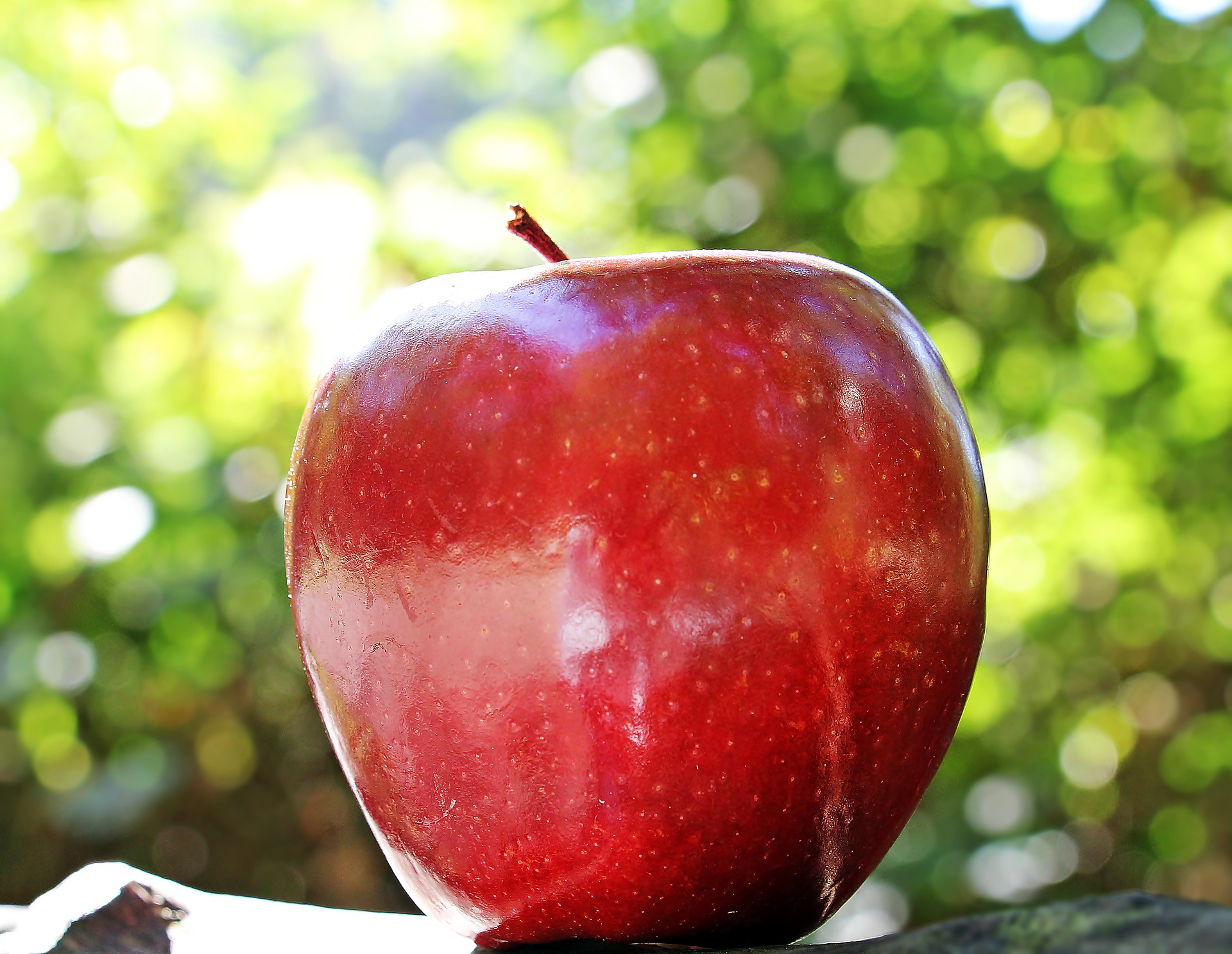
It’s fall!
I have a love/hate relationship with fall. I love the crisp air, the colorful trees, the pumpkins, the apples galore, and the brisk mornings (except when I’m biking). The only thing I don’t like about fall is that I know that winter is coming, and the long cold days sometimes become too long and too cold for my liking! But until then, I am vowing to enjoy fall and this awesome weather we have been having.
One of the reasons I dislike the cold and dark is that it affects the way my joints feel. Because I have rheumatoid arthritis, I sometimes feel achier in the cold of winter. This may be due to the weather, but most often, it is due to the fact that I am less motivated to do the self-cares that are so important to successfully managing my arthritis naturally. Yes, that’s right—arthritis CAN be managed naturally!
Controlling Inflammation
Arthritis is inflammation of the joints. It can cause painful swelling, stiffness, decreased range of motion and degenerative changes in the joint. However, through diet and lifestyle changes, there are steps we can take to decrease inflammation and relieve symptoms. At the top of the list is an anti-inflammatory diet. Over the last 4 years, I have eaten an anti-inflammatory diet. I now control my arthritis without medication. When I’m on track, I have no joint pain.
The Arthritis Foundation is a great resource for managing arthritis symptoms through diet. Some of their recommendations include:
-
Increase your consumption of powerful anti-inflammatory Omega 3’s found in fish, including salmon, tuna, sardines and other wild-caught cold-water fish.
-
Eat your fruits and veggies! Brightly colored plant foods, such as berries, spinach and broccoli, contain powerful antioxidants that help combat the inflammation of oxidative stress in our bodies.
-
Include a handful of nuts or seeds daily. They are packed with protein, fiber and other inflammation-fighting minerals. Walnuts, almonds, flax seeds and pumpkin seeds are my favorites.
-
Legumes, such as beans and lentils, provide protein and fiber and are full of minerals. Include them occasionally as your digestive system allows.
-
Healthy fats in avocados and olive, avocado and coconut oil are full of antioxidants, which our cell membranes need to exchange nutrients and wastes and function optimally.
-
Follow a nightshade-free diet for two weeks. Tomatoes, peppers, eggplant and potatoes belong to the Solanaceae family. The solanum alkaloids in these foods may inhibit normal collagen repair and promote inflammatory degeneration in the joints. While research has not supported nightshade avoidance, many people experience relief from symptoms when they are avoided.
-
Avoid processed foods. Foods from bags, cans and boxes often contain unhealthy trans fats and Omega 6 fats that have been linked with inflammation. The high sodium levels can increased fluid retention, placing further stress on the joints.
Other Ingredients to Avoid
On top of these recommendations, arthritis sufferers are encouraged to avoid gluten, dairy and processed sugar. The proteins in gluten (found in wheat and other grains) and casein (found in dairy) are difficult for many people to digest. When not digested properly, they create inflammation, which can increase arthritis symptoms. Processed sugar—the white or brown cane sugar products (not natural honey and maple syrup)—causes a release of cytokines in the blood, which also causes inflammation.
So now it is our job to hold each other accountable as we anticipate the coming of winter. May our plates be full of anti-inflammatory comfort foods to keep us warm and fulfilled all season long!
If you’d like more information on nutrition and an anti-inflammatory lifestyle, please feel free to contact me and set up a free consultation.
Want more tips for living a healthy, balanced life? Sign up for our emails!
